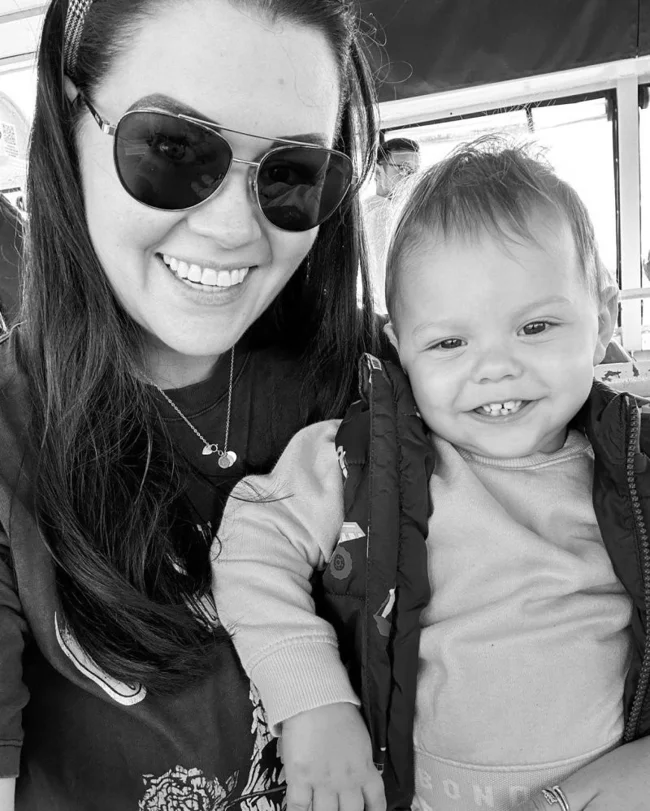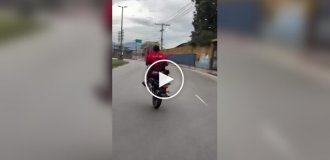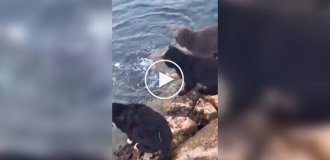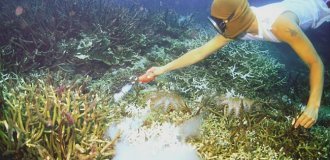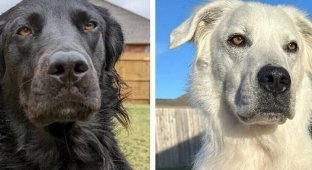Two-year-old boy faces deportation due to rare disease (7 photos)
A native of Scotland, Laura Curry and her Italian husband Dante Vendittelli have been living in Australia for more than five years. In November 2021, the couple had their first child, Luca, and 6 weeks later, the parents learned that their son had cystic fibrosis, a genetic disease that affects the lungs and digestive system. 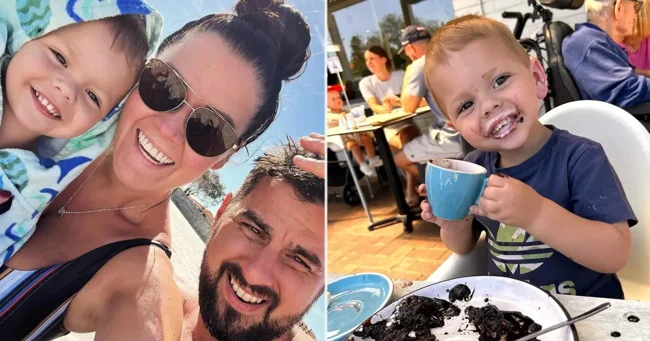
The family's life was turned upside down when the government decided the potential cost of Luca's treatment was too high for taxpayers and denied the two-year-old boy a visa. 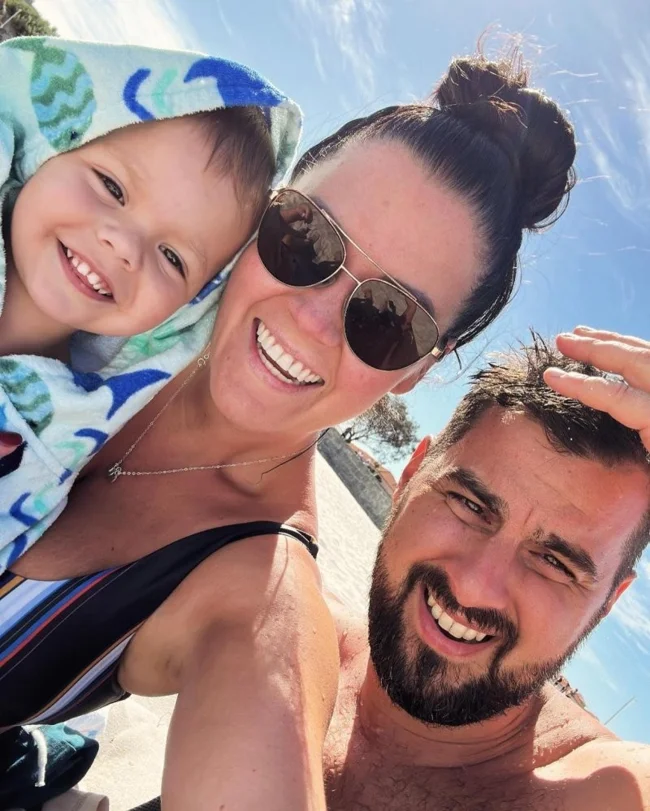
"Now we are angry, but at first I just cried and cried, imagining what our life would be like if we had to leave. If we were deported, they would send us to two different countries, which means our family would be divided. Dante would not be able to go to Scotland, and Luca and I won’t be able to go to Italy, so they’re literally tearing us apart,” says 33-year-old Curry.
Laura is a preschool worker, Dante is a construction worker. The family saved money to buy a house, but were forced to spend their savings on an immigration lawyer. 
During pregnancy, the couple submitted a joint application for a residence permit, not knowing that the child would be born with a chronic disease.
“We had never even heard of cystic fibrosis before Luca was diagnosed,” explains his mother. “Even though it is a genetic disease, no one in our family suffered from this disease. We paid for a non-invasive prenatal test that checks for pathologies during pregnancy, and everything was clear."
But it was neonatal screening, which is carried out 48-72 hours after the birth of a child, that revealed a serious disease. 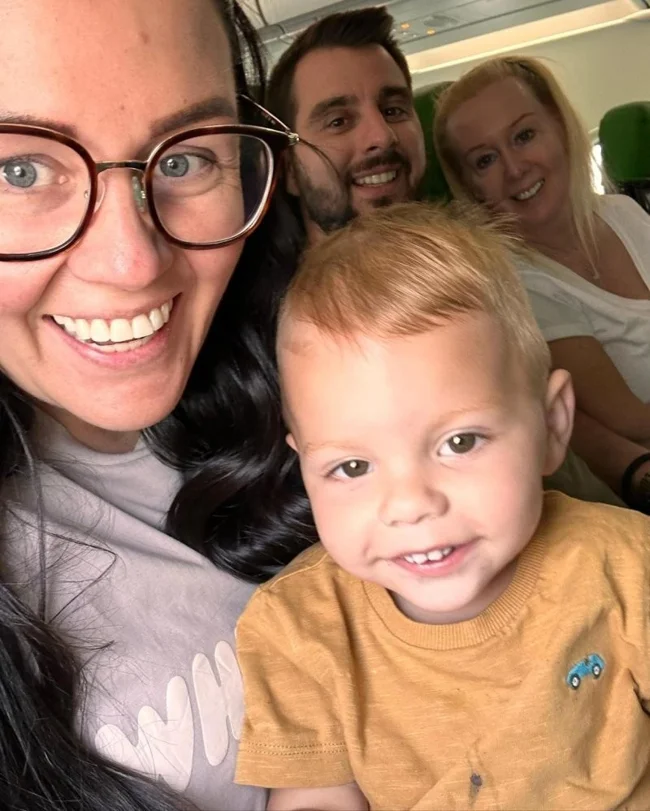
“In February, we received a refusal to issue Luka a visa, although we sent doctors’ reports to the embassy and even letters from the organization Cystic Fibrosis WA, to which I transfer funds annually. The issue comes down to the cost of a medicine called Trikafta, which Luka is not yet taking, and we “We’re not even sure if it’s suitable for the child.”
Trikafta is indicated for the treatment of cystic fibrosis in patients aged 6 years and older. In Australia, it is included in the list of discounted drugs and costs $42.50 per prescription, but without the discount its cost rises to $250,000 per year.
Based on this, the official bill for Luca's treatment is $1.82 million over 10 years. The government is not ready to pay, despite the fact that the baby was born in Australia. 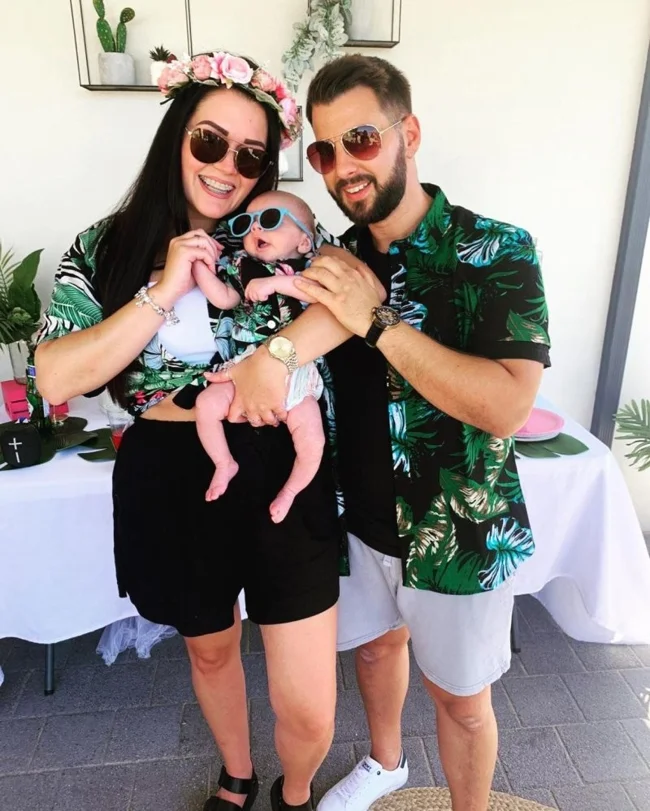
"Is it possible to do this to a defenseless child? We worked, paid taxes, but we feel that they don’t want to see us here. In the supermarket we catch looks on ourselves because we were seen on the news, and this makes us think about the worst. Now they call Luka "sick boy from Perth" and it just breaks my heart." 
Medical and community costs in excess of $86,000 are considered significant, according to a Home Office spokesman. In this case, such measures are necessary to limit government spending and protect citizens' access to health services. 